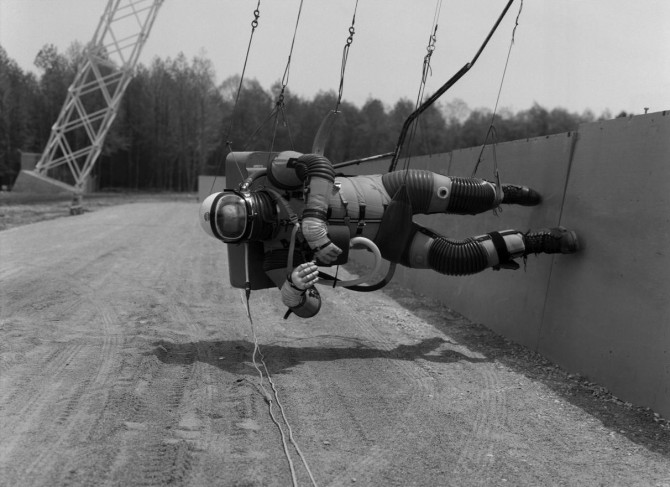Automation will create wealth and foster new industries yet unthought of, but how will that wealth spread and will enough new jobs be created to replace the disappeared ones? My answers are 1) I don’t know and 2) not likely. From “A Mighty Contest” in the Economist:
“Robot-makers see their wares as a way of creating employment, both by allowing companies to make existing products more efficiently and by enabling them to manufacture new things that could not be made in any other way, such as ever more precisely engineered electronics and cars, not to mention films like Gravity. Others fear that their net effect will be to destroy a lot of jobs, and indeed that they may already be doing so. Nick Bloom, an economics professor at Stanford, has seen a big change of heart about such technological unemployment in his discipline recently. The received wisdom used to be that although new technologies put some workers out of jobs, the extra wealth they generated increased consumption and thus created jobs elsewhere. Now many economists are taking the short- to medium-term risk to jobs far more seriously, and some think the potential scale of change may be huge. Mr. Thrun draws a parallel with employment in agriculture, which accounted for almost all jobs in the pre-modern era but has since shrunk to just 2% of the workforce. The advent of robots will have a similar effect, he predicts, but over a much shorter period. Even so, he is sure that human ingenuity will generate new jobs, just as it created vast new industries to counteract the decline in agricultural employment.
Erik Brynjolfsson and Andrew McAfee, both at MIT, also have high hopes for the long-term effect of robots and similar technologies. But in a recent book, The Second Machine Age, they argue that technological dislocation may create great problems for moderately skilled workers in the coming decades. They reckon that innovation has speeded up a lot in the past few years and will continue at this pace, for three reasons: the exponential growth in computing power; the progressive digitisation of things that people work with, from maps to legal texts to spreadsheets; and the opportunities for innovators to combine an ever-growing stock of things, ideas and processes into ever more new products and services.
Between them, these trends might continue to ‘hollow out’ labour markets in developed countries and, soon enough, developing ones, as more and more jobs requiring medium levels of skill are automated away.”

